Has Donald Trump threatened to commit war crimes against Iran?
Experts say US president’s threatened plan to target cultural sites would violate international law
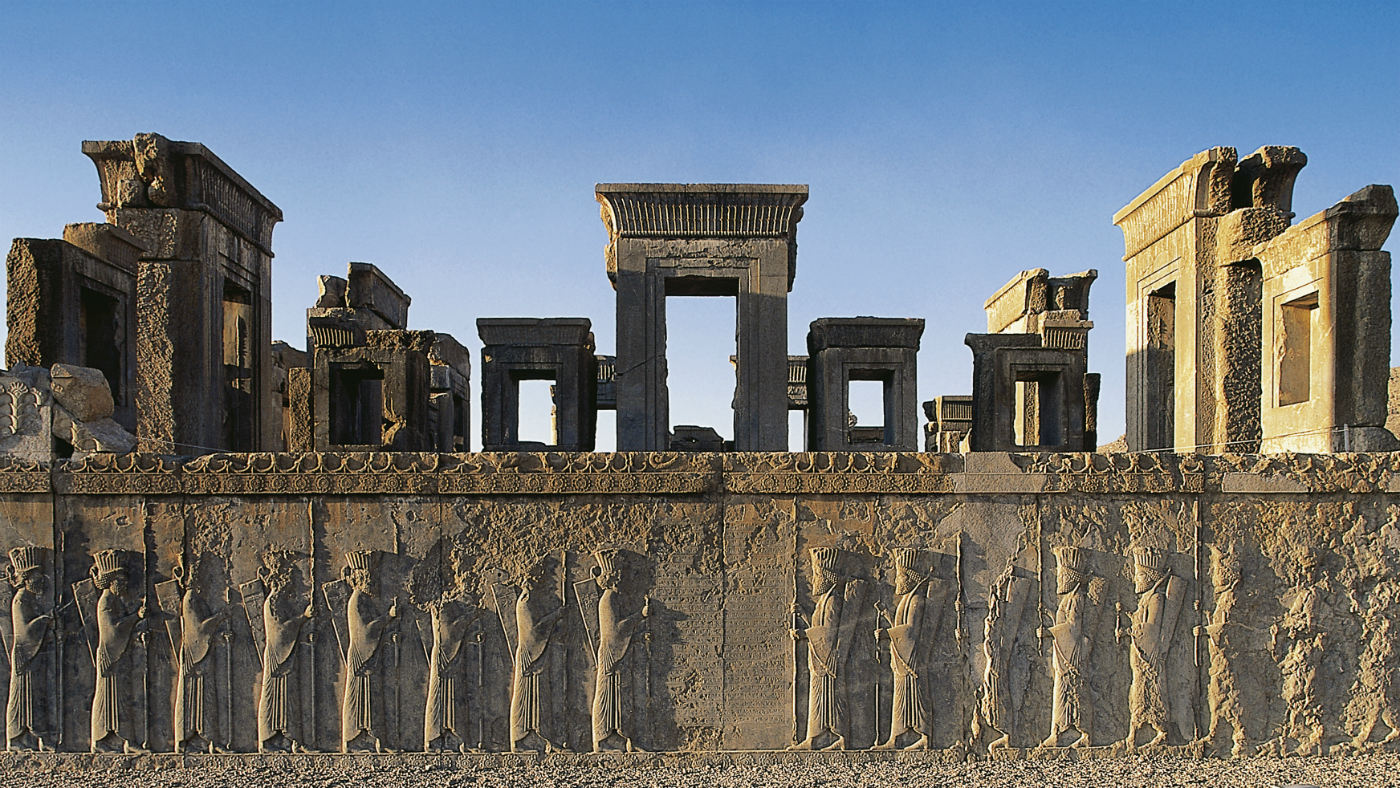
A free daily email with the biggest news stories of the day – and the best features from TheWeek.com
You are now subscribed
Your newsletter sign-up was successful
US President Donald Trump has been accused of threatening to commit war crimes, after outlining plans to attack Iranian cultural sites.
Tensions between Tehran and Washington have reached an all-time high following the US assassination of top Iranian general Qasem Soleimani in Iraq on Friday. The president subsequently tweeted that the US would attack sites that are “very high level & important to Iran & Iranian culture” if Tehran retaliates for the killing.
But many experts have pointed out that deliberately attacking cultural sites is prohibited under international law - so just what does the legislation cover?
The Week
Escape your echo chamber. Get the facts behind the news, plus analysis from multiple perspectives.

Sign up for The Week's Free Newsletters
From our morning news briefing to a weekly Good News Newsletter, get the best of The Week delivered directly to your inbox.
From our morning news briefing to a weekly Good News Newsletter, get the best of The Week delivered directly to your inbox.
What have Tehran and Trump said?
Iran has vowed to strike back for Soleimani’s death, with President Hassan Rouhani saying on Saturday that the US had committed a “grave mistake”, Business Insider reports.
The warning came after Iranian general Gholamali Abuhamzeh claimed Tehran had isolated a number of potential US targets across the Middle East, adding: “The Strait of Hormuz is a vital point for the West, and a large number of American destroyers and warships cross there.”
Abuhamzeh claimed that Iran had long identified “vital American targets in the region” and that “some 35 US targets in the region as well as Tel Aviv are within our reach”, The New York Times reports.
A free daily email with the biggest news stories of the day – and the best features from TheWeek.com
In response, Trump tweeted that the US has “targeted 52 Iranian sites (representing the 52 American hostages taken by Iran many years ago)” - a reference to a diplomatic stand-off in which US nationals were held in the US Embassy in Tehran for 444 days from November 1979.
The US leader added that “those targets, and Iran itself, WILL BE HIT VERY FAST AND VERY HARD” if Iran “strikes any Americans, or American assets”.
Which targets could be at risk?
The Trump administration has not clarified which Iranian sites have been targeted, but The Guardian has listed some of the likely sites.
These include air bases and other military facilities, factories producing missiles and aircraft, nuclear facilities such as the Natanz enrichment site in the central province of Isfahan, and historical sites such as Persepolis, in southwestern Iran.
Would attacking these sites be a war crime?
Experts agree that if Trump went ahead with his threat to attack cultural or historical sites with little or no military significance, he would probably be committing a war crime.
“President Trump should publicly reverse his threats against Iran’s cultural property and make clear that he will not authorise nor order war crimes,” said Andrea Prasow, acting Washington director at Human Rights Watch.
The Los Angeles Times notes that the Hague Convention of 1907 states that in times of war, “all necessary steps must be taken” to spare “buildings dedicated to religion, art, science, or charitable purposes, historic monuments, hospitals, and places where the sick and wounded are collected”.
The Geneva Convention Protocol I, signed in 1949, also states that “any acts of hostility directed against the historic monuments, works of art or places of worship which constitute the cultural or spiritual heritage of peoples” would be illegal.
Under US federal law, violating these international conventions would constitute a war crime, and anyone who violates them could be imprisoned or, if death results from their actions, could even be sentenced to death.
However, only actively undertaking such a mission would amount to a breach of law - whereas merely threatening such an operation does not. And many commentators are sceptical that Trump will ever actively commit war crimes, owing to the oversight of other departments in the US government.
These sceptics include Colin Kahl, who served as deputy assistant to Barack Obama during his presidency.
As New York magazine notes, it is “also difficult to take Trump’s threat seriously considering the fact that hyperbolic outbursts are a key element of what he perceives to be foreign policy”.
-
 How the FCC’s ‘equal time’ rule works
How the FCC’s ‘equal time’ rule worksIn the Spotlight The law is at the heart of the Colbert-CBS conflict
-
 What is the endgame in the DHS shutdown?
What is the endgame in the DHS shutdown?Today’s Big Question Democrats want to rein in ICE’s immigration crackdown
-
 ‘Poor time management isn’t just an inconvenience’
‘Poor time management isn’t just an inconvenience’Instant Opinion Opinion, comment and editorials of the day
-
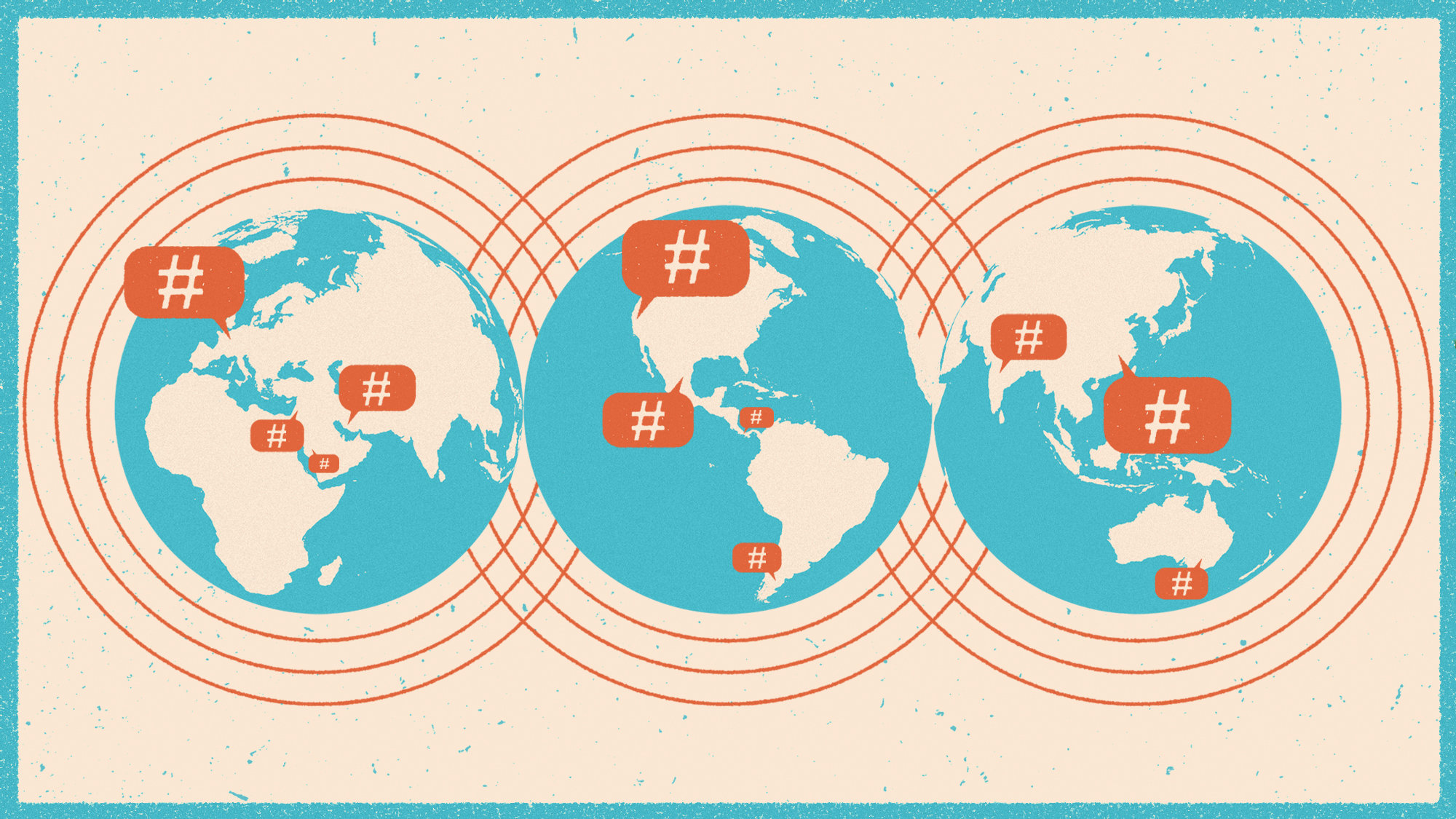 The #MeToo movements around the world
The #MeToo movements around the worldThe Explainer French men have been sharing stories of abuse in the latest calling out of sexual assault and harassment
-
 Iran implies Salman Rushdie is to blame for his own attack
Iran implies Salman Rushdie is to blame for his own attackSpeed Read
-
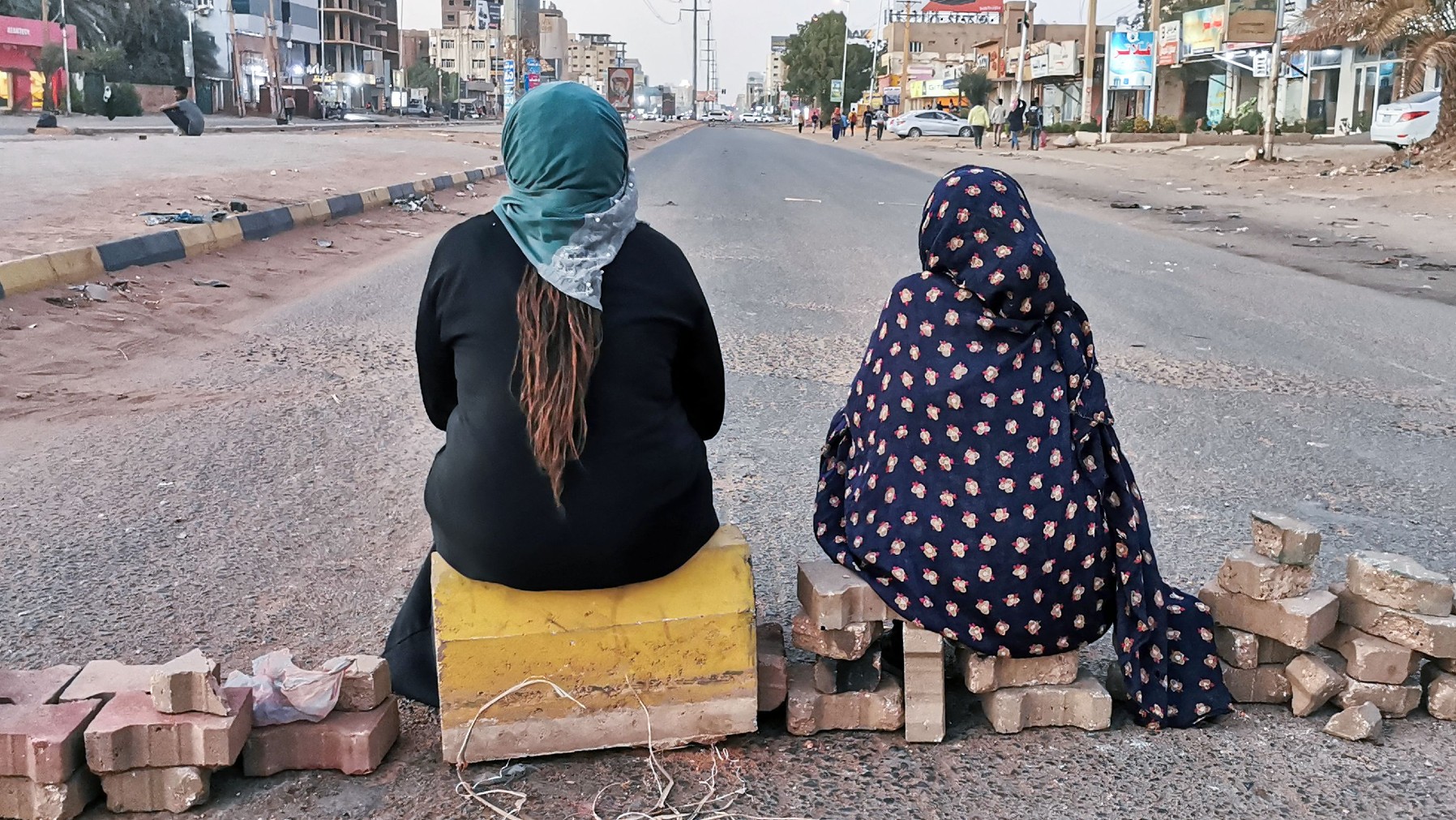 The countries where men and women can be stoned to death
The countries where men and women can be stoned to deathfeature Sentencing to death by stoning of Sudanese 20-year-old sparks fresh outrage
-
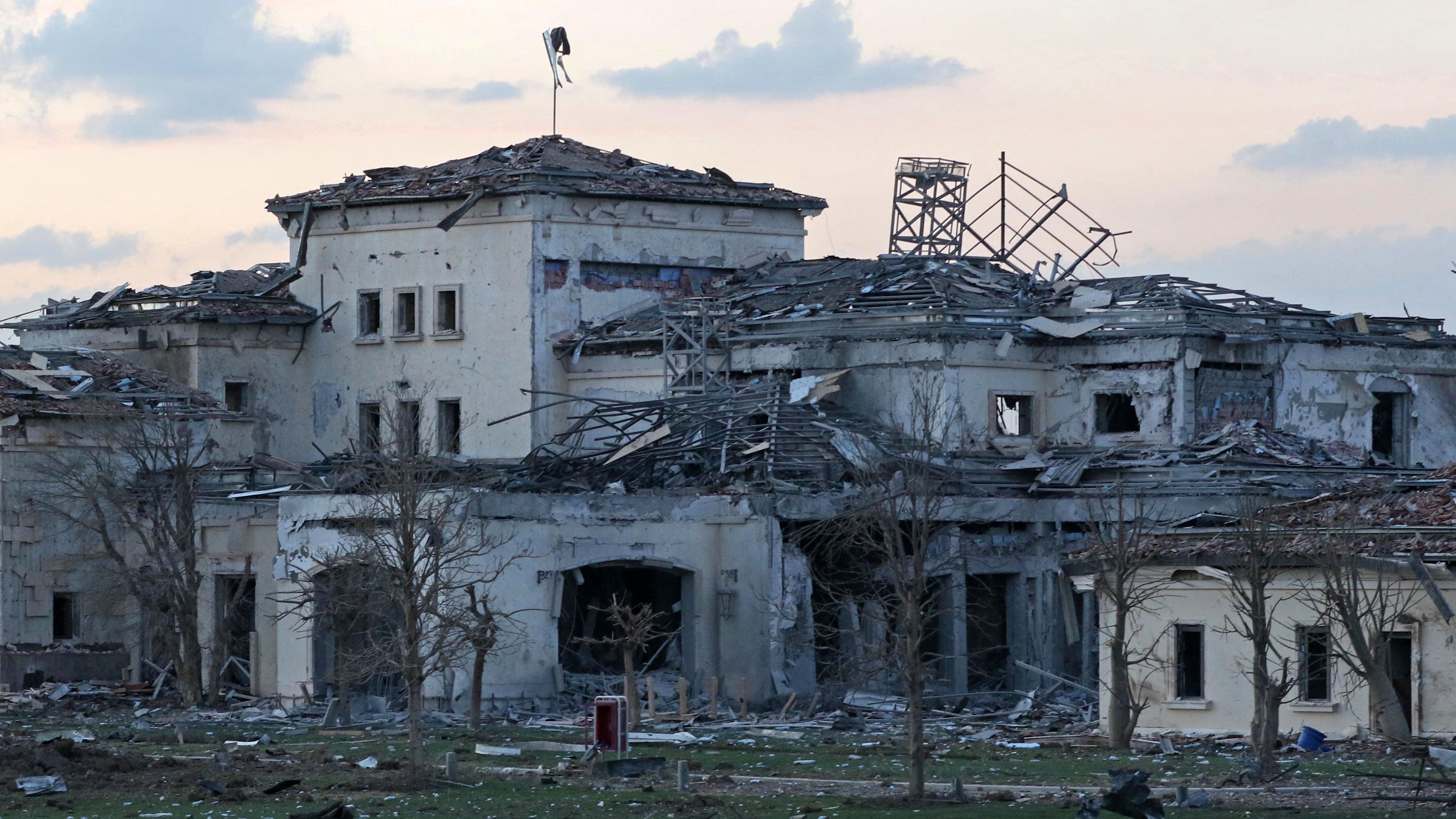 Why Iran launched missile attack on Iraq
Why Iran launched missile attack on Iraqfeature Strike near US consulate risks ‘sabotaging’ nuclear deal negotiations
-
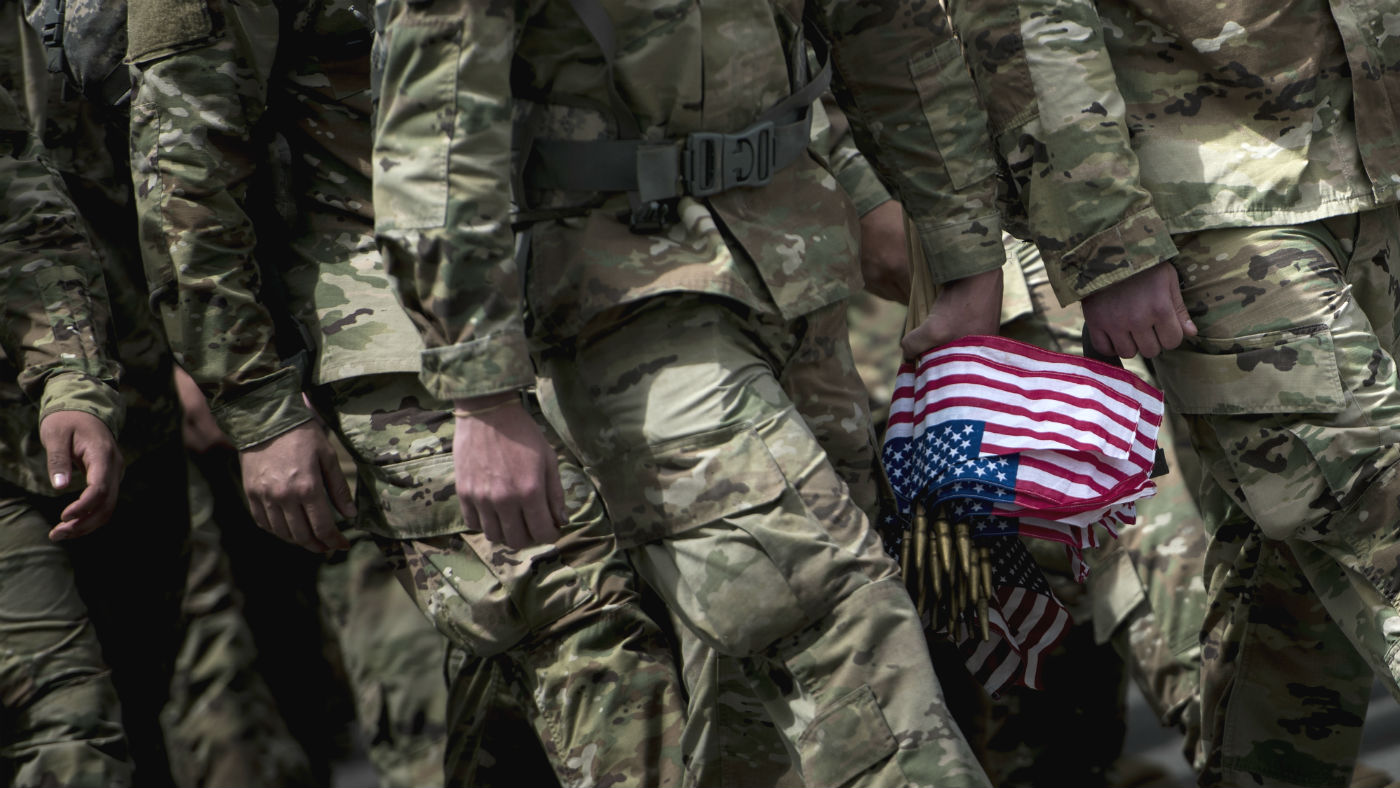 Iran declares all US troops in Middle East ‘terrorists’
Iran declares all US troops in Middle East ‘terrorists’Speed Read New law comes after Donald Trump classifies Iran’s Revolutionary Guard as a terrorist organisation